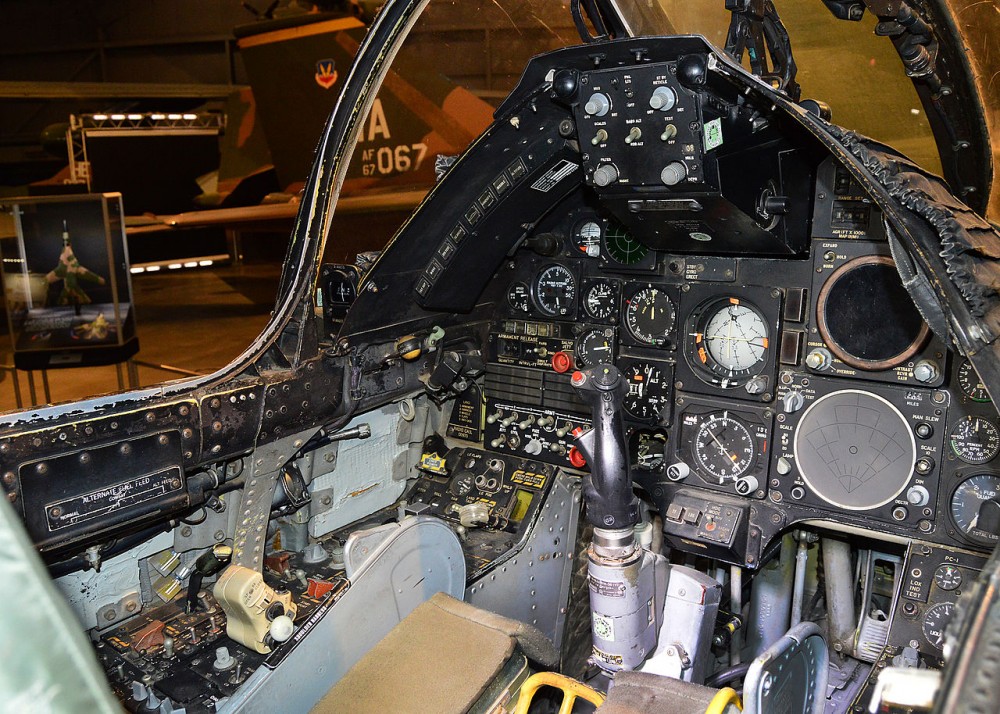Inertial Navigation Systems (INS) were originally developed for aircraft guidance and human spaceflight. Today, due to the proliferation of autonomous systems of all scales and industries, a rapid advance in the technology is taking place as it is applied to many new situations.
Audi recently selected Samsung’s Exynos Processors for its next-generation in-vehicle infotainment systems. The US Army recently used a quadcopter as a resupply vehicle. And finally, the Indian Institute of Astrophysics recently launched a nuclear capable Agni-5 missile with India’s most advanced navigation system. Each of these events has a common thread: the use of advanced navigation systems, which, if they didn’t exist, would make the associated technology impossible. Advanced navigation systems can be used on both the macroscopic and microscopic levels, and one day at the nano level.
Intra-Operative 3D Navigation Systems in Surgery
In the medical realm, in joint replacement surgery and even neurosurgery, sensors are now aiding physicians in surgery as the sensors are better at helping computer-assisted surgical systems find exact points of importance in a given procedure.
Navigation Systems Market Expanding Rapidly
According to a variety of reports, the navigation system market, estimated at $3 billion today, will expand to nearly $5 billion by 2019. These navigation systems use, among other technologies, micro-electro-mechanical systems (MEMS). Due to increasing defense budgets in China, India, and South Korea, the demand for inertial navigation systems is picking up. U.S. demand is increasing as well.
Following is a list of inertial navigation system schemes provided by Wikipedia.
- Gimballed gyrostabilized platforms
- Fluid-suspended gyrostabilized platforms
- Strapdown systems
- Motion-based alignment
- Vibrating gyros
- Hemispherical resonator gyros (wine glass or mushroom gyros)
- Quartz rate sensors
- MHD sensor
- MEMS gyroscope
- Ring Laser Gyros (RLG)
- Fiber optic gyros (FOG)
- Pendular accelerometers
- TIMU (Timing & Inertial Measurement Unit) sensors
Following is an intense video showing inflight refueling of a military aircraft. The system depends on the accuracy of the positioning systems in both aircraft that help keep the operation safe.






